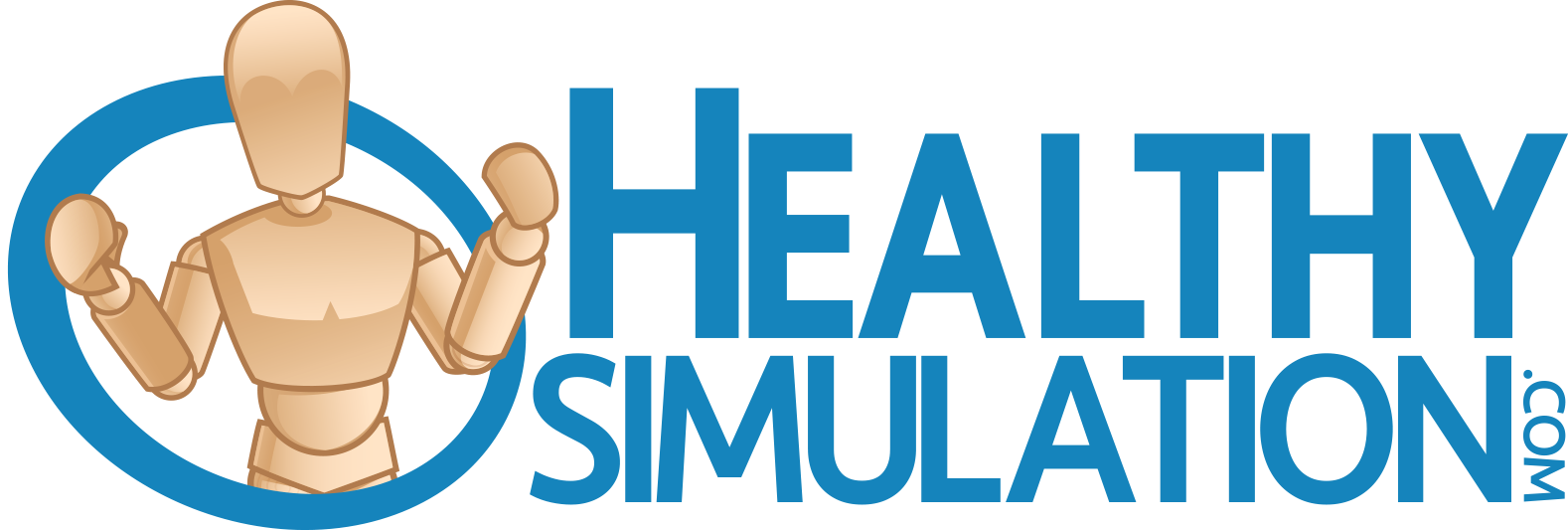ALERT: Subscription Now Includes All 2022 Symposium Sessions!
Healthcare Simulation Webinar Listings
Upcoming Live / Most Recently Recorded Webinars
\Learnworlds\Codeneurons\Pages\ZoneRenderers\CourseCards
Complete Webinar Catalog
\Learnworlds\Codeneurons\Pages\ZoneRenderers\CourseCards

